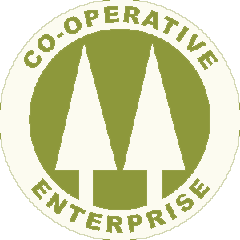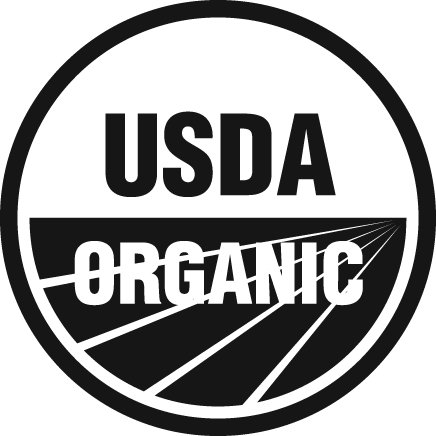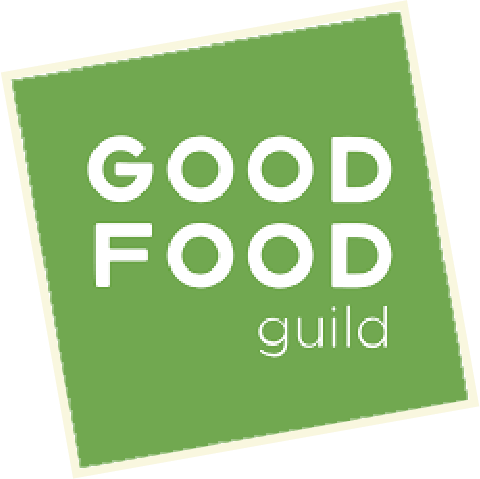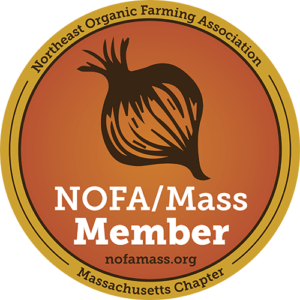
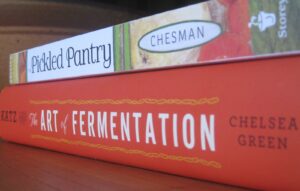
Apparently we at Real Pickles are in on a hip, hot, and exciting trend. Judging by the release of TWO excellent (and beautiful) pickle books in recent months, there is no shortage of things to say about pickling of all kinds, fermented or otherwise. We are also proud to report that Real Pickles is recognized in both! The Art of Fermentation (Chelsea Green Publishing) is the 9-year follow up to Sandor Ellix Katz’s wildly popular Wild Fermentation. Many ferments and workshops later, Katz offers this incredibly articulate and comprehensive volume on fermentation of food. Andrea Chesman’s The Pickled Pantry: From Apples to Zucchini, 150 recipes for Pickles, Relishes, Chutney & More (Storey Publishing) is a fantastically thorough reference for making pickles of all kinds, with recipes for making the pickles themselves as well as recipes for using finished pickles in other dishes.
Both of these resources are essential additions to the available literature on pickle-making and fermentation. We have always enjoyed – and refer frequently to – the standard volumes on lacto-fermentation of vegetables, such as Katz’s Wild Fermentation (2003, Chelsea Green), Sally Fallon’s Nourishing Traditions (1999, New Trends), Making Sauerkraut & Pickled Vegetables at Home by Klaus Kaufman and Annelies Shoneck (1997, Alive Books), and Preserving Food Without Freezing or Canning (1999, Chelsea Green). The new treasuries not only add to the existing authorities, but spring far ahead in depth and breadth. Here at Real Pickles, both copies are under constant perusal during lunch and break times and are beginning to show loving dog-ears and signs of use.
The Art of Fermentation provides an excellent account of the history of fermentation as well as its prevalence and pervasiveness in our modern diet. As in his previous Wild Fermentation, Katz’s new book also seeks to engage and encourage each reader to set down their bacterial fears and embark on a cultural adventure. As Michael Pollan remarks in the foreword, “To ferment your own food is to lodge an eloquent protest—of the senses—against the homogenization of flavors and food experiences now rolling like a great, undifferentiated lawn across the globe.” In addition to the book’s breadth of information, the photos will delight even the casual peruser, from scanning electron microscopy images to the latest in kombucha fiber fashion. But for fermentation enthusiasts, as we consider ourselves here at Real Pickles, the book is an excellent reference for putting up a broad array of fermented products. Our fermentation manager, Katie, was so excited about The Art that she slept with the book under her pillow for the first week to maximize osmotic potential. She just couldn’t put it down. She says, “I love that it doesn’t read like a cookbook…that it is history, stories, science and just so much amazing information!” Katz’s new compendium also boasts a one-of-a-kind chapter on commercial enterprises, well representing our end of Wells Street here in Greenfield, MA with input from both Dan at Real Pickles and Will from Katalyst Kombucha. Dan is consulted for his expertise on scaling up, marketing, and consumer education.
The Pickled Pantry: From Apples to Zucchini, 150 recipes for Pickles, Relishes, Chutney & More is a comprehensive new cookbook on pickles of all kinds. Chesman starts with the fundamentals, necessary equipment, basic ingredients, and delves into pickle recipes both common and surprising. Her section on fermented pickles is particularly good. Along the way, she peppers the read with anecdotes and profiles of other picklers. Real Pickles is the subject of one of the featured profiles, telling the story of our first decade in business. Chesman also includes many delicious-sounding recipes in which to enjoy your finished pickles. Personally, I am very excited by the recipes in the back of Pickled Pantry. As soon as the pickle season slows down a bit, I will be cooking up such tasty dishes as Roasted and Braised Duck with Sauerkraut and Root Vegetables, Kimchi Rice Salad with Tofu, and may even try the intriguing German Chocolate Sauerkraut Cake(!). Clearly, Chesman has a lifetime of experimentation and successful meals behind her – and I am so looking forward to benefiting!
For those interested in DIY pickle-making and home ferments, these books will fascinate and educate, no matter your pickle proficiency. But these publications also represent a growing focus on – and resurgence of – pickles and fermented foods. Now that we have industrial food and refrigerated trucks, pickles and ferments could be viewed as a relict of a simpler time, replaced by a year-round supply of food imported from anywhere. Except that, as both Katz and Chesman emphasize over and over, ferments and pickles expand the range of our palate, creating the strong flavors that we both crave and despise. Often, the fermented product is tastier and more nutritious than the original fresh ingredients.
Some fermented foods already command the attention of foodies across the globe: Encyclopedic tomes are written on the wide-ranging flavors and terroir of wine and cheese – and other ferments are gaining the recognition they deserve. We’ll know that pickles have earned their rightful place when soils known for growing great cabbage increase property values or when the local grocery starts hosting successful weekly pickle tastings.
Growing pickle popularity also makes us a happier population because pickles make us laugh. I’m serious! Try inserting the word “pickle” into any sentence and you are guaranteed a chuckle. But no joke: People are excited about fermented foods, and the momentum is growing. Creating ferments brings us face to face with the chemistry and microbiology of what we eat, which can be simultaneously unnerving and compelling. When a mason jar is popping and fizzing and whining on your kitchen counter, you know that you are not the only living thing in the room.
Fermentation is surprising, creative, exotic, fun, scientific, and delicious. I invite you to embark on a sour journey, use these books as your guide, open your mind and your mouth, and dig into the vast and growing world of pickles. Send us a postcard!


